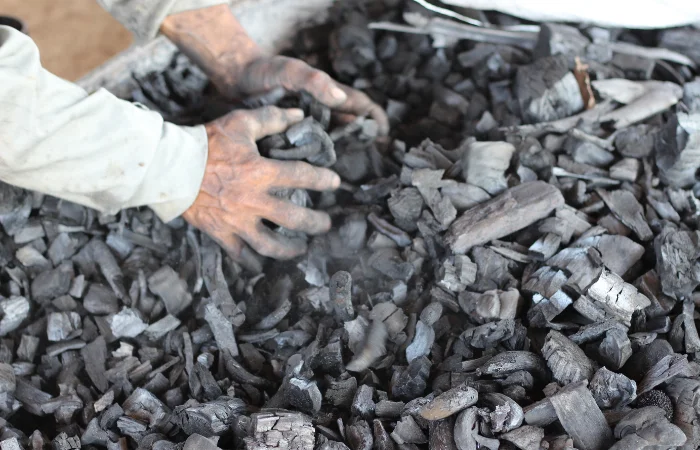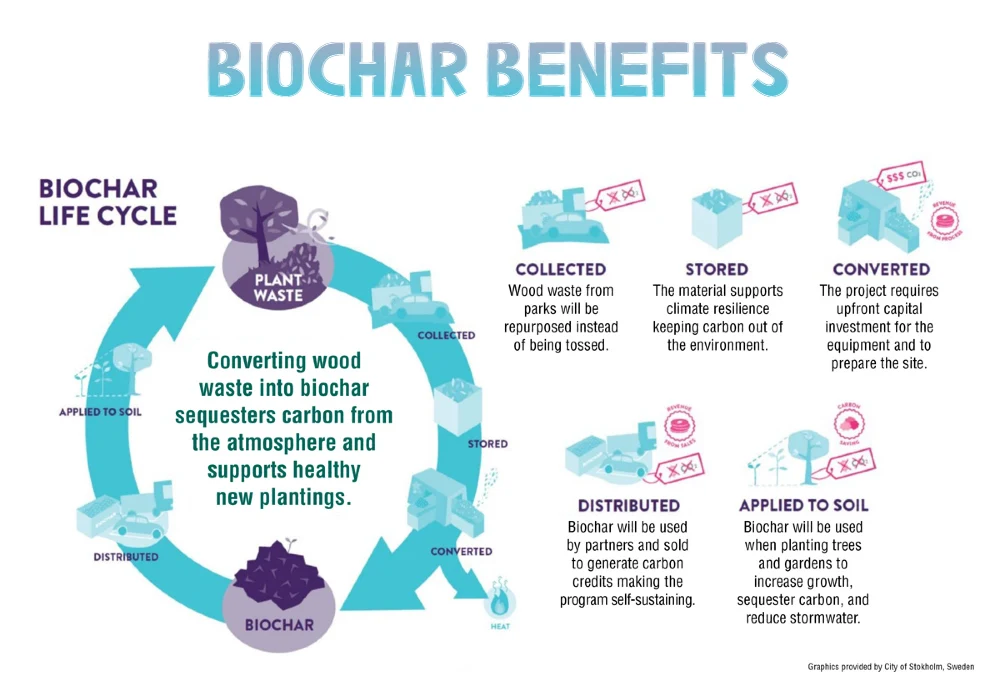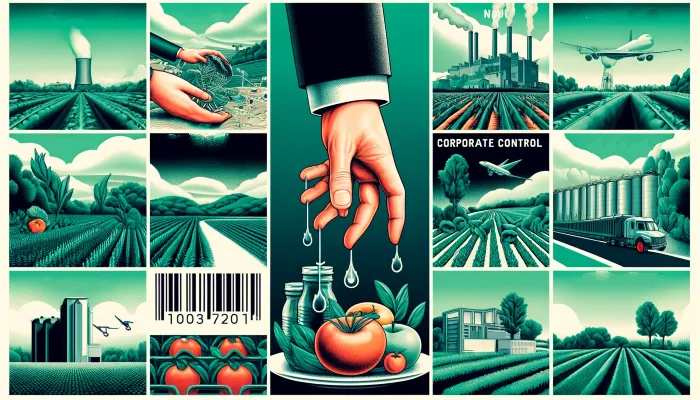In a world increasingly aware of the need for sustainable and environmentally friendly farming practices, a new study sheds light on an age-old soil amendment method with the potential to revolutionize how we approach soil health and crop production. The focus is on biochar, a product that’s not new to the scene of agriculture but is now being revisited for its remarkable benefits.
Amit Dhingra, a leading voice from the Texas A&M College of Agriculture and Life Sciences, emphasizes the significance of biochar in the contemporary context. “Biochar is useful for reclamation and further evolution of a millennia-old strategy to improve soil fertility,” Dhingra explains. His team’s research provides a methodology for assessing the impact of biochar on soil and plant health, shedding light on its diverse applications in horticulture.
Biochar’s Roots and Modern Application
Biochar’s history traces back to ancient civilizations in Brazil, where it was used to enhance soil fertility. Today, researchers like Dhingra are revisiting this ancient wisdom to address modern agricultural challenges. The biochar used in the study resembles fine-grained charcoal and is derived from wheat crop residue. Its porous, carbon-rich nature promotes better water and nutrient exchange in soil, potentially reducing soil acidification.

The Study and Its Findings
Conducted in Texas, where a vast array of soil types exists, this study provides a proof-of-principle that biochar could significantly enhance soil health. The research focused on the effects of biochar on tomato growth, soil microbial diversity, and gene expression in the rhizosphere.
Dhingra’s team applied wheat-based biochar amendments to sandy loam trial beds and compared the results with control beds. The study observed enhanced functional activity of beneficial microbes and a reduction in pathogenic fungi. This interaction between plant roots and the soil microbiome was a key focus, revealing how biochar can influence plant RNA and gene expression, thus regulating critical development processes in plants.

The Implications of Biochar in Agriculture
The study brings to light several important aspects of biochar’s impact:
- Improved Soil Microbiome: Biochar enhances the diversity of beneficial microorganisms, improving the soil’s overall health.
- Enhanced Plant Growth: The presence of biochar increases gene expression related to nitrogen cycling and breakdown of organic compounds, benefiting plant growth.
- Protection Against Pathogens: Biochar helps shield plant roots from diseases, particularly fungal infections.
- Sustainable Crop Production: While the study didn’t show a significant improvement in fruit yield, the emphasis is on sustainable and environmentally friendly farming practices.
Biochar’s Potential in Various Agricultural Settings
The research team is now extending its studies to other crops like pecans and grapes, recognizing that different plants react uniquely to various types of biochar. Understanding these nuances is crucial for optimizing biochar use across diverse agricultural landscapes.
Beyond the Green Revolution
Dhingra points out the need for agriculture to evolve beyond the Green Revolution’s focus solely on yields. The aim now is a holistic approach that balances yield quantity with nutritional quality in an economically and environmentally sustainable manner. He highlights the urgency of this mission, noting, “We need to produce 70% more food with 30% less land in the next two decades to meet the food demand.”
Conclusion: A Step Toward a Sustainable Future
This research, published in the journal Frontiers in Analytical Science and contributed to by experts from Texas A&M, Washington State, and the University of California, Riverside, underscores the importance of biochar in modern agriculture.
By embracing this ancient soil amendment technique, we can enhance soil fertility and crop health in a way that’s sustainable for both the environment and future food production.
More To Discover
- New Simplified Cooling Method Could Cut Emissions and Energy Use, Dramatically
- U.S. Launches First Car-Ready E-Fuel With 1 Billion Liters in Production
- Hydrogen in Maritime Shipping: Half-Truths Are Used To Keep The Green Hope Alive
- Dubai Floods Expose Global Failure in Urban Drainage Amid Climate Crisis
As Dhingra concludes, understanding the natural relationships between soil and plants is key to developing strategies that will keep our land productive and healthy for generations to come.
Source: Frontiers in Analytical Science























